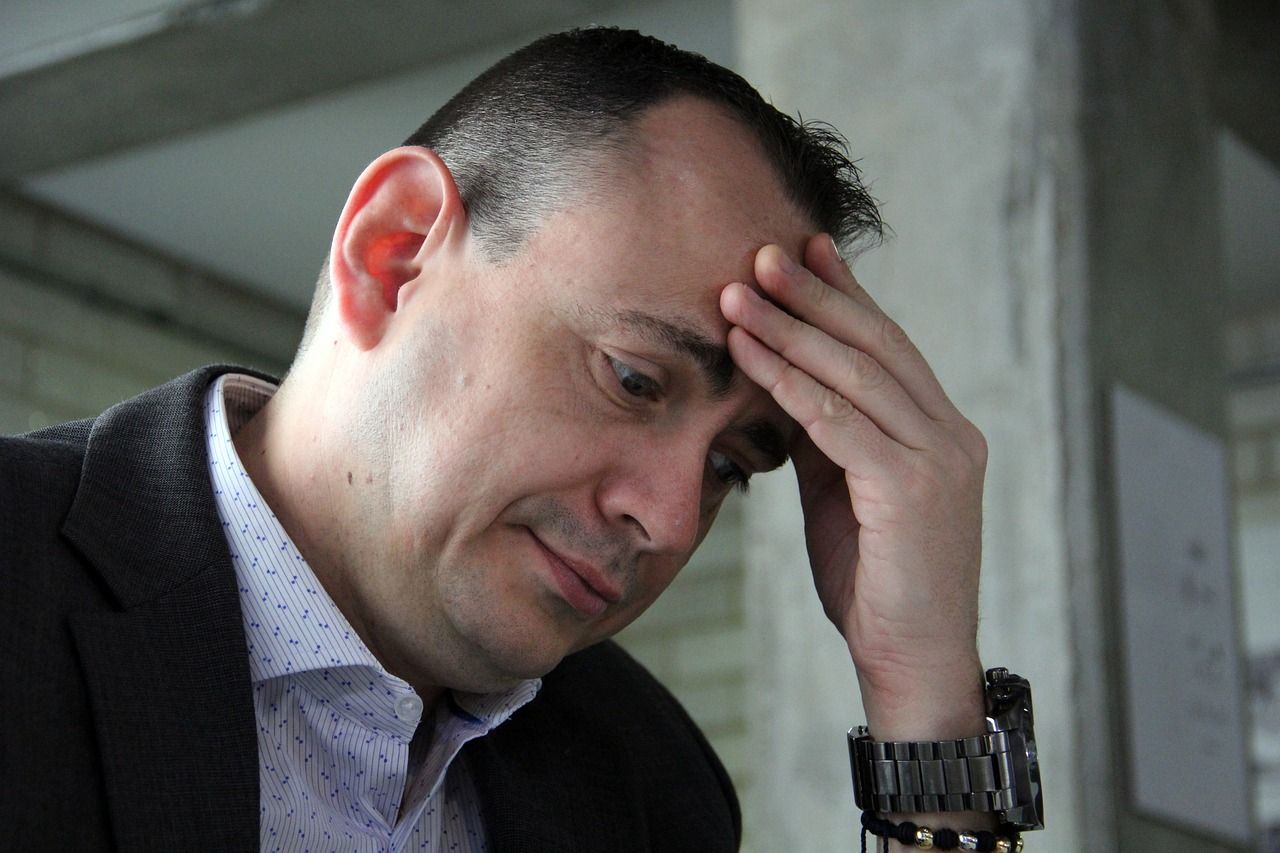Can overthinking cause suffering?
Published by Cédric,
Article author: Cédric DEPOND
Source: Psychological Bulletin
Other Languages: FR, DE, ES, PT
Article author: Cédric DEPOND
Source: Psychological Bulletin
Other Languages: FR, DE, ES, PT
Follow us on Google News (click on ☆)

Illustration image Pixabay
Researchers from Radboud University in the Netherlands analyzed 170 studies conducted between 2019 and 2020, involving 4,670 participants from various professions and countries. This meta-analysis aimed to explore the link between mental effort and negative feelings, such as frustration, stress, or irritation. Participants, whether they were healthcare workers, military personnel, amateur athletes, or students, reported that the more intense the mental effort required, the more discomfort they experienced.
The tasks studied were varied, ranging from learning new technology to practicing sports or navigating unfamiliar environments. The results are clear: regardless of the type of task or the population studied, increased mental effort generally accompanies an increase in negative feelings.
However, an interesting observation emerged: the association between mental effort and negative feelings seems less pronounced in studies conducted in Asia compared to those in Europe or North America. According to Erik Bijleveld, principal researcher of the study, this could be related to individuals' learning history. For instance, Asian high school students, who spend more time on homework, might be more accustomed to enduring high levels of mental effort from an early age.
Despite the aversive nature of mental effort, researchers note that individuals continue to voluntarily engage in mentally demanding activities. For example, millions of people play chess, an activity known for its cognitive complexity. According to Bijleveld, this can be explained by the fact that perceived rewards, such as satisfaction or success, can compensate for the discomfort associated with mental effort.
Finally, the researchers highlight the importance for professionals, particularly engineers and educators, to consider these findings when designing tasks or tools. It would be wise to support or reward individuals when faced with tasks that require substantial mental effort, in order to reduce the negative feelings associated.